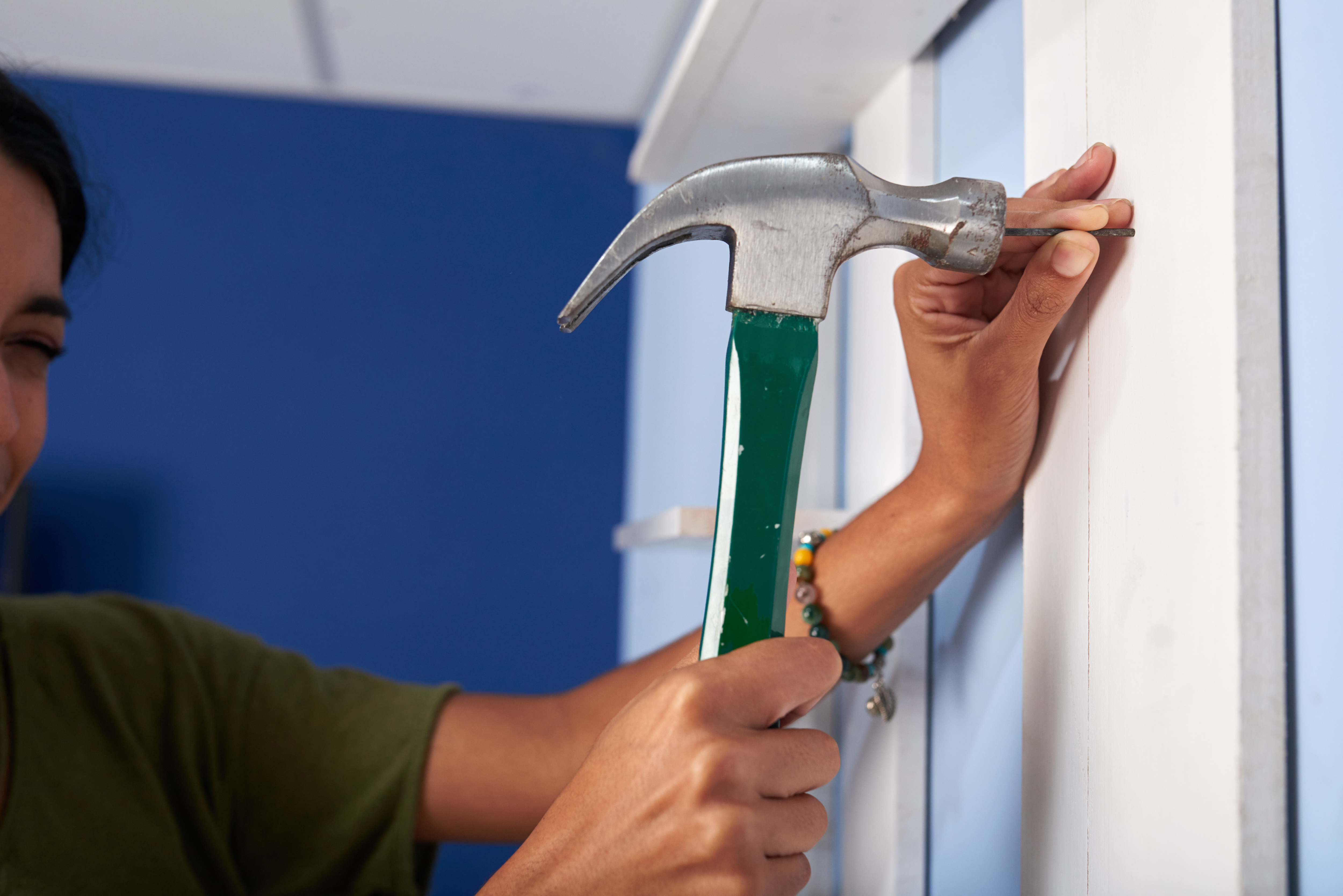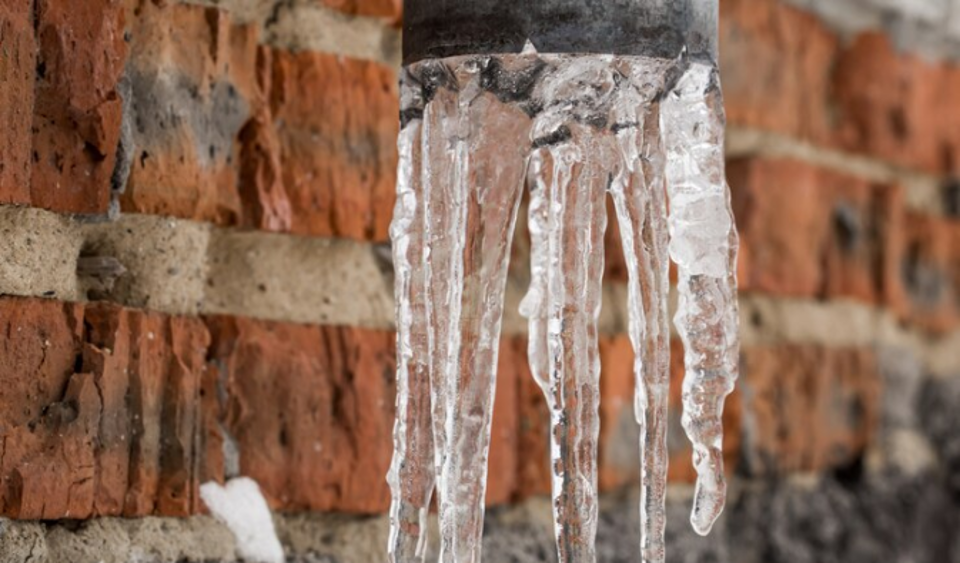DIY Home Repairs with Insurance Money
Legal Right to Self-Repair
Yes, Texas homeowners have the legal right to perform their own repairs using insurance settlement money. Texas Insurance Code explicitly prohibits insurers from requiring policyholders to use specific contractors or repair facilities, preserving your freedom to choose repair methods, including DIY approaches. This consumer protection prevents insurers from steering business to preferred contractors or restricting your settlement usage options. However, this right comes with corresponding responsibilities, such as actually completing repairs addressing the covered damage rather than simply retaining funds without restoration. The settlement represents compensation for property loss, not discretionary income, making actual repair completion essential for both legal and practical reasons.
Settlement Payment Structures
Texas insurers typically use replacement cost value (RCV) policies with two-stage payment systems that affect DIY repair approaches. Initial payments often equal actual cash value (depreciation-adjusted amounts), with additional funds released upon repair completion verification. This structure requires you to demonstrate completed work through receipts, photographs, or inspections before receiving full settlement amounts. Some policies implement "holdback" provisions, retaining portions of settlements until repairs are verified as complete. These payment structures protect insurers against unused settlements while ensuring policyholders receive full compensation when repairs are properly completed through any chosen method, including self-performance.
Building Code Compliance
DIY repairs in Texas must comply with all applicable building codes, permit requirements, and inspection procedures, regardless of your insurance company's involvement. Major repairs typically require permits from local building departments, with subsequent inspections ensuring code compliance before approval. Electrical, plumbing and structural work often mandate licensed professional completion even when insurance allows DIY approaches. Failing to meet code requirements can create liability issues, affect future insurance coverage, and potentially violate local ordinances. These compliance requirements represent your legal obligations separate from insurance considerations, though properly completed work helps ensure full settlement recovery.
Quality and Documentation Standards
Self-completed repairs should meet reasonable quality standards and include proper documentation for insurance and future protection. Maintain detailed records of materials purchased, work performed, and before/after photographs demonstrating repair completion. Some insurers conduct post-repair inspections or require submission of repair documentation before considering claims fully resolved. Poor-quality repairs that don't address the original damage could affect future claims or create coverage disputes. Professional-grade work protects both your property value and insurance relationships, even when performed personally rather than through contractors.
Mortgage Lender Considerations
Properties with mortgages face additional restrictions on settlement usage that may limit. Lenders often require contractor estimates, progress inspections, and completion verification before releasing escrowed insurance funds. Some mortgage agreements mandate the professional completion of major repairs to protect the lender's collateral interest. These requirements create practical constraints on DIY approaches even when insurance policies permit self-repair, requiring coordination with both insurers and lenders to ensure all parties' requirements are satisfied during the repair process.






